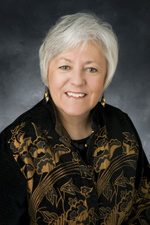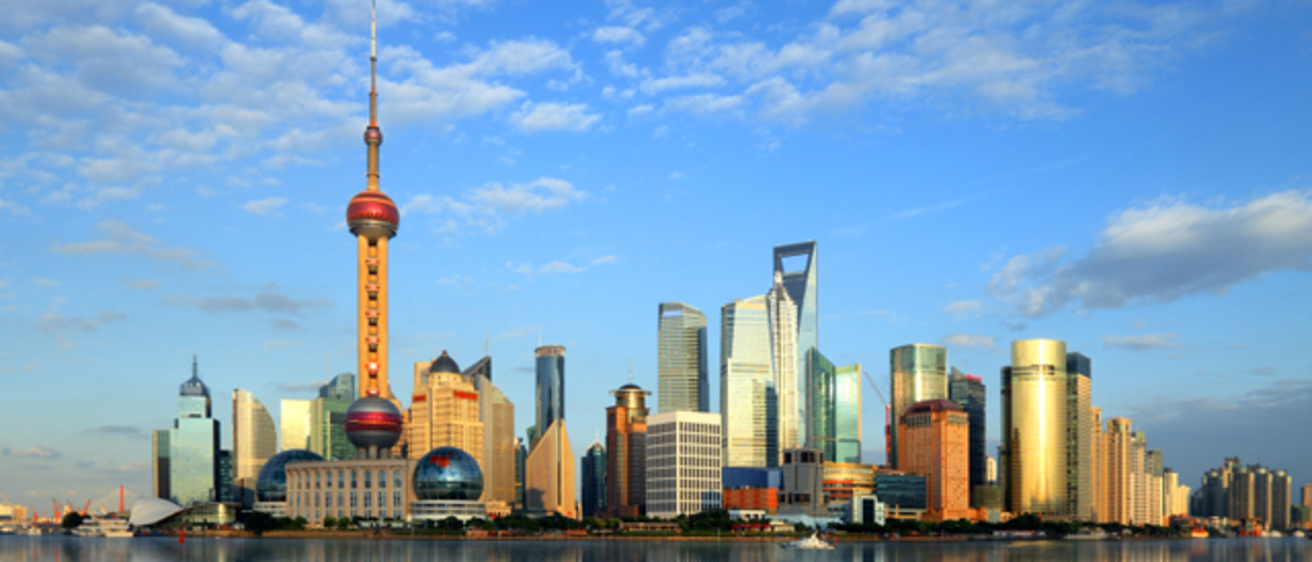China may lie 7,500 miles away from Iowa City as the dragon flies, but walk around the University of Iowa campus during the school year and you’ll overhear myriad conversations taking place in Mandarin, Cantonese, and other Asian languages and dialects.
Related article:
Asia, and China in particular, not only has the fastest-growing economy in the world but is home to a large number of students, scientists, artists, and educators who flock to Iowa City to study, conduct research, and forge important partnerships. More than half (53.7 percent) of the UI’s total international student population last year—more than 3,200 in all—came from mainland China, Hong Kong, and Taiwan, and more than 90 percent of all UI undergraduate international students in fall 2011 were from East and Southeast Asia, far outpacing the national average.
Additionally, nearly 100 Chinese and Taiwanese writers have participated in the UI’s International Writing Program.
The connection flows the other way, as well. Currently the UI holds 13 formal agreements with academic institutions in China, and last year 95 UI students traveled to China for study abroad experiences.

To help build on an already remarkable and fruitful relationship with the region, UI President Sally Mason today travels with a delegation to Asia on a trip that will run from June 29 to July 9 and include stops in Hong Kong, Taipei, Shanghai, and Beijing.
The trip comes on the heels of Iowa Governor Terry Branstad’s visit to Asia as part of an economic delegation and meetings with incoming Chinese President Xi Jinping, who visited Iowa 27 years ago when he was a provincial agricultural official.
While in Asia, the UI delegation will meet with education, business and cultural leaders, alumni, donors, and others.
“The University of Iowa must engage globally in order to support its mission to provide excellence and accessibility in education, conduct transformative research, undertake ground-breaking creative work, heighten diversity, and enhance higher education's role in public life,” Mason says.
Although Mason’s visit will focus on educational collaboration, there’s an economic benefit to the UI relationship with Asia as well. The net contribution to Iowa’s economy by international students who come here is estimated at more than $280 million. International students at the UI alone are responsible for more than $83 million of that total.
UI officials hope to use the trip to raise the UI’s visibility among top prospective students and research partners even higher. The trip coincides with this summer’s launch of an inaugural UI Hong Kong internship program for undergraduate students. This year the UI is sending 12 students to work at major companies in Hong Kong.
“Last year 21.8 percent of all students studying in the United States from abroad were from China and other Asian countries, and the growth rate over the past three to five years has been astonishing,” says UI Provost Barry Butler. “Competition for top students is only going to get more intense, so it’s important we do all we can to bring Asia’s best and brightest to Iowa.”
Lynette Marshall, UI Foundation president and a delegation member, says the visit also will showcase the legacy of leadership the UI has given to countries around the world in the form of successful graduates who have become leaders in everything from business and education to politics, the arts, and health professions.
Take, for example, Hong-Yuan Lee, a native of Taiwan who earned a masters degree in hydraulics and a doctorate in civil and environmental engineering from the UI in 1982 and 1984, respectively, and was recently appointed Minister of the Interior of Taiwan. In addition to his new governmental duties, Lee also teaches students at Nanyang Technological University and serves as treasurer of the Asia-Europe Foundation.
Eden Y. Woon, who received a bachelor of arts in mathematical sciences at Iowa in 1967, currently serves as the external relations director and leader of the Hong Kong University of Science and Technology foundation. The school is ranked as the second most prestigious university in Asia despite existing only 20 years. Woon joined the school after serving as the president of the Hong Kong Chamber of Commerce and vice president in charge of Asia Pacific for Toys R Us.
“With so many UI alums now living and leading successful careers in Asia, we have an opportunity to build a more global alumni engagement, raise funds to support university priorities, and expand existing academic relationships and create promising new ones,” Marshall says.
Downing Thomas, associate provost and dean of UI International Programs, says that through various agreements between the UI and China, in particular, Iowa is reaching out to students even before they begin college. One memorandum of understanding has opened the path for the UI Connie Belin& Jacqueline N. Blank International Center for Gifted Education and Talent Development and a company in Hangzhou to recruit qualified 11th-grade students for a China Scholars program. The program brings about 40 prospective international high school students to campus each year.
Additionally, Thomas says, through an agreement with China Daily, the country’s national English language newspaper, the UI each spring hosts a senior editor who brings international perspective to students in a class offered through the international studies major. And, in turn, the paper provides a summer internship for an Iowa journalism student. This exchange is entering its eighth year.
“The economic impact of our relationship with China, Hong Kong, and Taiwan is certainly critical,” Thomas says. “But the need to recruit and integrate international students at the UI is important for other reasons as well. Iowans’ success in the 21st century will be defined by their ability to cross borders confidently, to work within different cultural contexts, and to acquire and use global skills. International students enrich the experience of our domestic students here on campus.”
